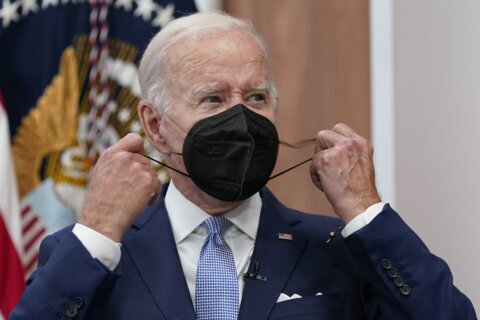The virus that causes COVID-19 has been spreading through Virginia wildlife, and Virginia Tech researchers say well-populated areas are likely where it spread from humans to animals.
While SARS-CoV-2 infections were previously identified in wildlife, primarily in white-tailed deer and feral mink, Virginia Tech researchers attempted to see whether the virus had spread to common backyard wildlife.
Researcher Carla Finkielstein, who is also director of the Virginia Tech Molecular Diagnostics Lab, said tracking the spread of the virus is important.
“The more we get vaccinated and protected, the higher the chances that the virus will try to find a new host,” Finkielstein said. “The virus is indifferent to whether its host walks on two legs or four — its primary objective is survival.”
The research team collected 798 nasal and oral swabs across Virginia from animals that were either live-trapped in the field and released, or were being treated in wildlife rehabilitation centers.
The team obtained 126 blood sample from six species. The study also identified two mice at the same site on the same day with the exact same variant, suggesting they either both got it from the same human, or one mouse infected the other.
Finkielstein said it’s not clear how the virus was transmitted from humans to wildlife.
“The most reasonable speculations are trash, food residues, wastewater,” she said. “Something that we humans infected, discarded or disposed of, and then the animals picked it up.”
When asked whether there was any indication that animals could also spread COVID to humans, she said, “We don’t have evidences of the other way around.”
The team will continue its research supported by a $5 million grant from the U.S. Department of Agriculture’s Animal and Plant Health Inspection Service, in part to understand how the virus’ presence in wildlife may influence the long-term maintenance of COVID in humans.
“We shouldn’t be afraid of wildlife or interacting with wildlife,” Finkielstein said. “We just need to be mindful of how we do this.”
Get breaking news and daily headlines delivered to your email inbox by signing up here.
© 2024 WTOP. All Rights Reserved. This website is not intended for users located within the European Economic Area.








